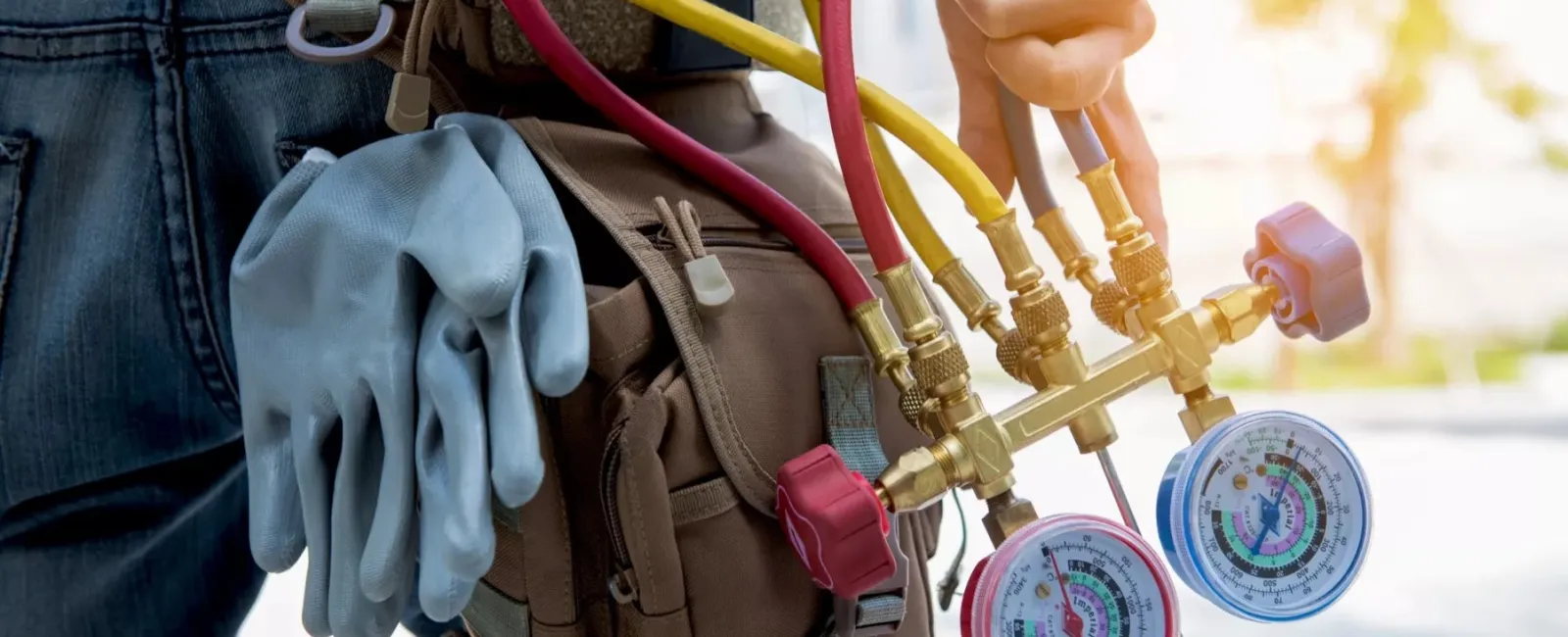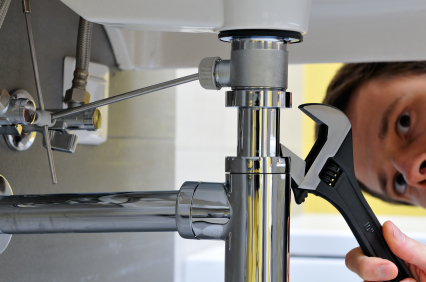Just how do you feel on the subject of Expert Tips for Managing a Plumbing Emergency Until Help Arrives?

Pipes emergencies can strike at any moment, creating stress and potential damages to your home. Whether it's a ruptured pipe, a clogged up drainpipe, or a leaky tap, knowing exactly how to take care of the situation up until a specialist plumbing shows up can conserve you from further problems. This post provides vital emergency pipes tips to assist you alleviate damages and reclaim control throughout a pipes crisis.
Shut off the Water System
The primary step in any kind of pipes emergency is to shut off the water system. For local concerns, such as a leaking faucet or bathroom, shut off the shutoff near the component. In the case of a major leak or burst pipeline, situate your home's major water shut-off shutoff and turn it off instantly. Understanding the place of these shutoffs ahead of time can save valuable time during an emergency.
Address Little Leaks with Momentary Solutions
Tiny leakages can promptly become significant problems if left unchecked. Use these short-term repairs up until expert assistance shows up:
While these solutions aren't irreversible, they can aid decrease water loss and damages.
Unclog Drains Pipes Safely
A blocked drain can be a frustrating and unpleasant concern. Right here's exactly how to tackle it:
If these techniques don't function, prevent making use of extreme pressure, as it may worsen the obstruction.
Manage Overflowing Toilets
An overruning toilet can trigger immediate turmoil. Below's what you ought to do:
Shut down Your Water Heater
In specific emergency situations, such as a burst pipe, it's smart to shut down your water heater. This avoids overheating or damages to the device when water stops flowing. Turn off the power supply to the hot water heater (electrical or gas) and allow it cool off to avoid potential threats.
Momentarily Quit a Burst Pipeline
A ruptured pipe can cause considerable water damage in minutes. To mitigate the issue:
Call an expert plumbing professional immediately to address the issue permanently.
Manage Frozen Piping Very Carefully
In cooler environments, frozen pipes are a typical emergency situation. If you suspect a frozen pipe:
Protect against Further Damages
Taking quick action to decrease damage can conserve you money and time over time. Below's just how:
. Have an Emergency Situation Plumbing Package
Prepare a fundamental pipes emergency package to manage minor issues properly. Your set should consist of:
Having these tools on hand can make a substantial difference in your ability to take care of emergencies.
Know When to Call a Professional.
While quick fixes can assist temporarily, particular pipes issues call for instant professional interest. Call a plumbing if:.
Without delay speaking to an expert ensures the concern is solved correctly and protects against additional complications.
Verdict.
Plumbing emergencies can be frustrating, yet with the best knowledge and devices, you can manage the scenario efficiently till assistance shows up. By shutting off the water supply, resolving small leakages, and utilizing short-term solutions, you can lessen damage and maintain your home safe. Keep in mind, these suggestions are short-lived options; always get in touch with a certified plumber to manage the root cause of the trouble. Preparation and fast thinking are your best allies in any type of plumbing emergency situation.
8 Helpful Tips for Managing Plumbing Emergencies at Home
If your plumbing system hasn’t failed once, wait for it because almost everyone has a story to tell. Sometimes, it could be simple emergencies such as a leaking pipe, a blocked cistern, or even a big burst pipe. In situations like this, you need to have some handy tips to save you some money and from possible damages.
Take care of minor issues early.
Sometimes, you could have avoided an emergency by taking proactive measures while it was still early. Some major plumbing emergencies can be a result of an ignored minor issue. We recommend that you have items like plumbing tapes and other related items. A plumbing tape can allow you to manage minor leaks before the plumber arrives.
Cut off the water supply.
This tip is essential in almost any type of leakage problem. For problems like minor leakages in the toilet or kitchen, turn off the supply that takes water to the affected pipes. If the leakage is a major pipe, you must shut off the supply valve to the entire building. This will help you avoid flooding your home and neighbors if you share a flat.
Know your plumbing system
Folks typically move into a new apartment without understanding the water supply around the building. This can prove disastrous if a water emergency arises and the plumber is far away. The previous tip will prove useless if you don’t practice this one. More importantly, know where your water shut-off valve is located – you’ll need that knowledge to prevent potential home floods.
Have some common handy tools
There are lots of plumbing emergencies that you can handle without hiring a plumber. That’s why you must keep some tools available always. Some tools that you can use to fix simple plumbing emergencies easily include plumbing tapes, screwdrivers, thread seal tapes, plungers, pliers, tape measures, and rubber gloves.
Insulate your pipes from cold
You’ll save yourself from many plumbing expenses if you protect your water pipes from the cold. This is because of the harmful effects that cold weather can have on your pipes. During winter, your pipes can burst from being overly expected to freezing temperatures. So, make sure insulators are there to keep the pipes working correctly.
Avoid practices that will clog your toilet.
Many people indulge in practices that can damage the plumbing system of the entire building. One of these is when they use their toilet to dispose-off garbage. They flush all kinds of things, such as paper towels, bandages, hairs, female sanitary products, etc., down the toilet. This will block your toilet in the long run, incurring unnecessary expenditures. Dump such waste in the trash instead.
Check your dials regularly.
Sometimes, there could be leakages in your home without noticing them in time. So, constantly monitor your water meter dial. If the dial is reading when there is nobody using water, this is an indicator that there is leaking. Check for leaks immediately. Call a plumber as soon as possible if you can’t find any.
https://www.constructionplacements.com/8-helpful-tips-for-managing-plumbing-emergencies-at-home/

Do you really like reading about Expert Tips for Managing a Plumbing Emergency Until Help Arrives? Create a remark down below. We will be glad to listen to your opinion about this write up. Hoping that you come back again in the future. Enjoyed our article? Please share it. Help someone else find it. We enjoy your readership.
Set An Appointment